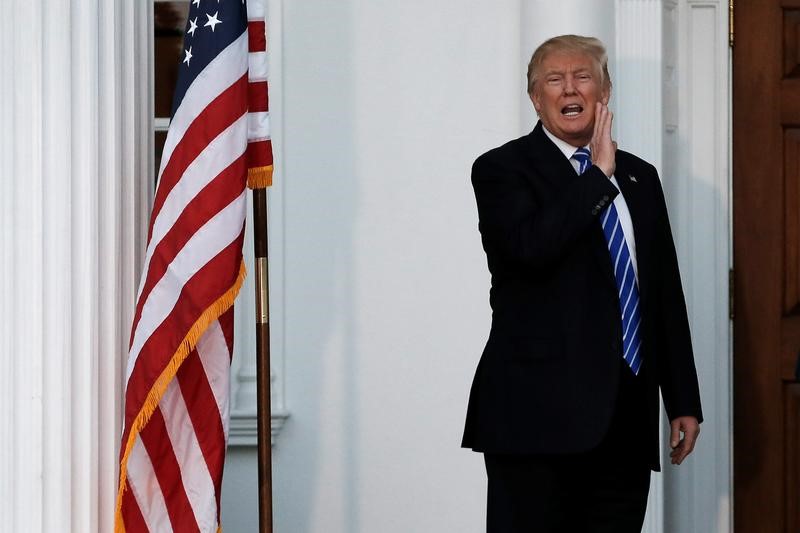Fed Governor Cook sues Trump over firing attempt
Investing.com -- Donald Trump could reverse key aspects of President Biden’s student loan relief policies if he wins the 2024 election, Piper Sandler strategists cautioned in a Thursday report.
If Trump is elected, he may take executive action to undo Biden’s income-driven repayment (IDR) reforms, which could result in higher payment rates for student borrowers and less debt cancellation. According to Piper Sandler, this move would significantly impact low-income and middle-income borrowers, who have benefited most from Biden’s reforms.
Strategists suggest that Trump's potential rollback of student loan relief could be part of broader policy changes aimed at cutting government spending.
In contrast, a victory for Vice President Kamala Harris in the 2024 presidential election would likely mean a continuation and expansion of Biden’s debt relief efforts, the investment bank says. Harris would not only maintain current student loan policies but could also aim to cancel additional student and medical debt.
“Trump could reverse Biden’s income-driven repayment reforms to student loans,” the Piper Sandler report states, emphasizing the financial implications for student borrowers.
Under Biden’s administration, these reforms were designed to lower payment rates and forgive debt for low-income borrowers after a set period of repayment. If reversed, borrowers could face increased monthly payments and potentially fewer opportunities for debt cancellation.
In addition to targeting student loan relief, Trump could also make changes to the Supplemental Nutrition Assistance Program (SNAP), another area where Biden’s policies have provided more extensive benefits.
“This reversal would cut SNAP benefits by about $30 billion per year (about a 25% reduction),” strategists highlight -- a move that would add further financial pressure on lower-income households.
Trump’s approach is expected to be part of his broader regulatory and fiscal policy goals, which include tax cuts for businesses and higher-income individuals, alongside efforts to reduce government spending.
